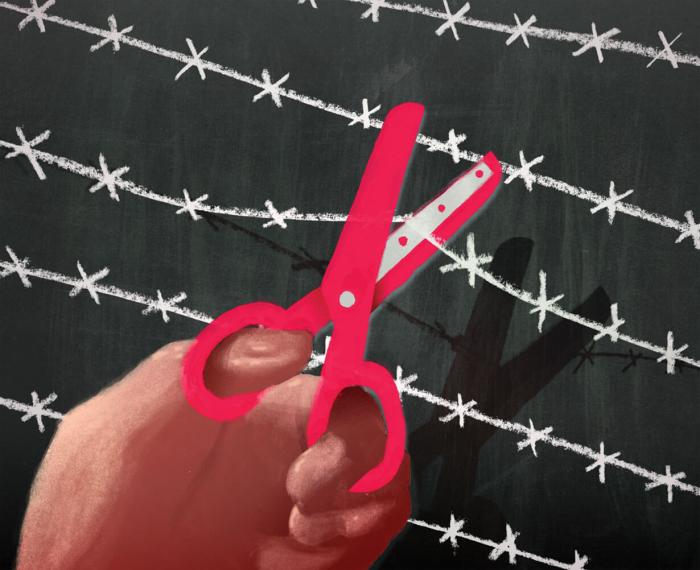Q: My child’s middle-school teacher thinks it is totally appropriate to re-enact the Holocaust to learn. I am horrified. What can I say?
The most important thing is to say something and say it soon. Most likely the teacher sees simulations as a creative way to “bring history to life.” Begin by telling her you’re concerned about the risks of simulations. When simulating the Holocaust, for example, this teacher risks two regrettable outcomes: On the one hand, students can be emotionally traumatized, while on the other, the activity trivializes one of the most appalling examples of oppression in history. In a collaborative and supportive spirit, ask her to tell you about the learning objectives for the activity and whether this content is better served through other engaging activities that don’t carry the harmful risks. Her attempt to make students feel what Nazis and Holocaust survivors felt cannot possibly succeed—and imagine the consequences if it did.
For support, remind her there is a long research history of simulations designed to reveal how easily one group of people will hurt others when instructed by a person in authority (e.g., the Milgram experiment and the Stanford Prison Experiment). These types of experiments are no longer conducted due to their detrimental psychological effects on the participants. If they’re not safe for adults in a research lab, they are not safe for children in a classroom.
Q: I’ve introduced my students to the concept of white privilege. They want to know what they can do. What can I tell them?
Confronting and interrupting privilege—of various sorts—is work that happens over a lifetime of dialogue. Be prepared to model this work by first acknowledging your own privilege. You can then help students build the “muscle” by encouraging them to exercise it with you.
How you focus on this topic might be different depending on your classroom demographics, but the ability to recognize and discuss oppression and privilege is essential for all students who want to become agents of change. Affirm students when they acknowledge their own privilege and when they notice others taking privilege for granted. Expose them to the “gentle catalyst” approach, but also encourage them to stand up for themselves and others when privilege leads to injustice. Remind them that being aware is not enough—even allies can be blinded by their own privilege.
In your lessons, teach about systemic injustices that have led to inequity and about the history and scholarship of resistance. When possible, provide concrete opportunities for students to challenge practices that perpetuate privilege. The White Privilege Conference offers a range of resources on this topic. If possible, attend or arrange for students to attend. You can also pursue professional development through their WPC University.


0 COMMENTS